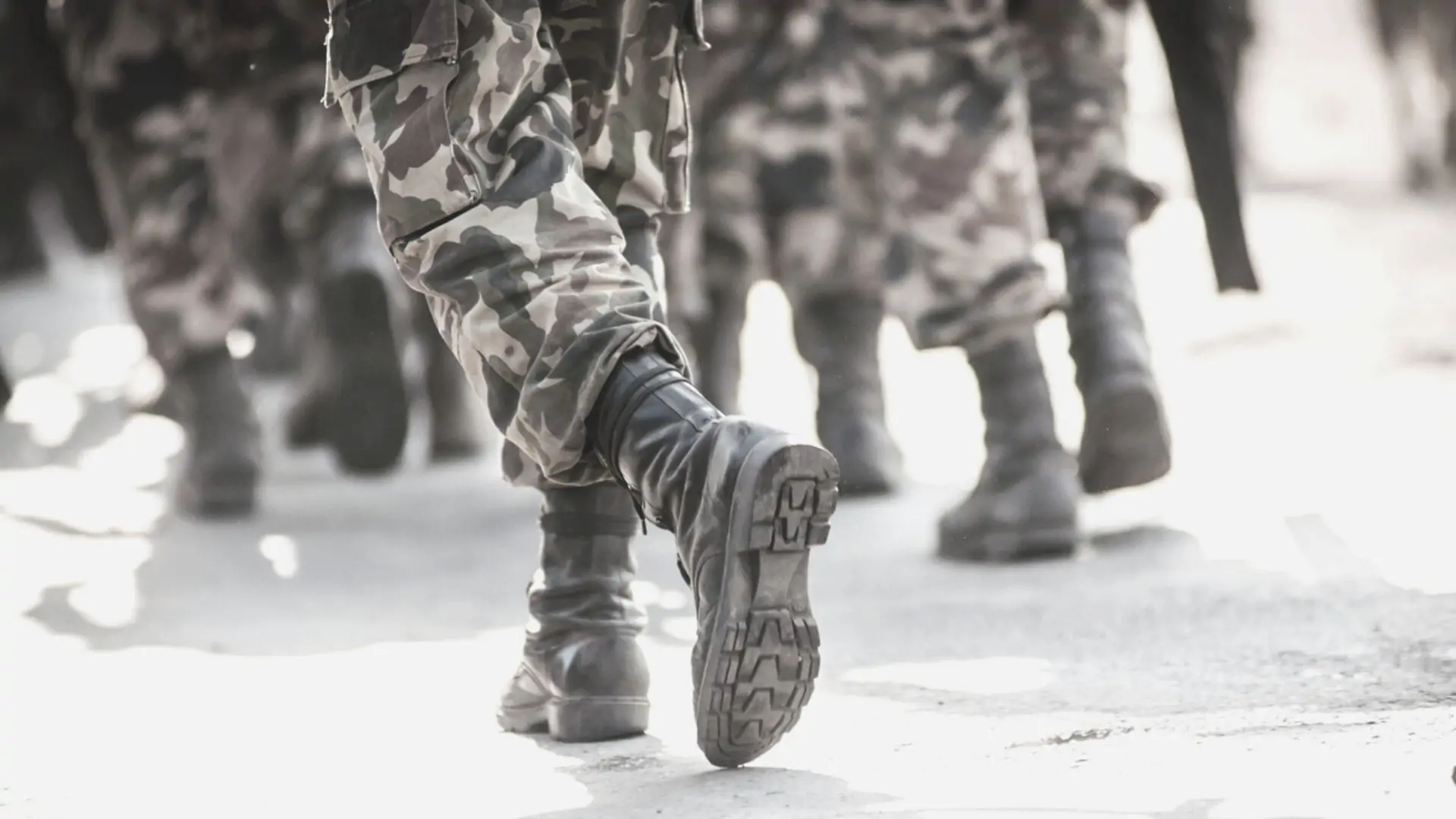Trinidad and Tobago has declared a state of emergency in response to escalating violent crime, leaving citizens anxious and demanding action. The government aims to restore safety through increased police presence and curfews, while the public grapples with the implications of these measures on daily life.
Key Takeaways
- A state of emergency has been declared due to rising violent crime.
- Citizens express panic and demand targeted police action.
- Curfews are in effect, limiting movement during nighttime hours.
- Schools in Tobago are closed as a precautionary measure.
- Political leaders debate the effectiveness of the state of emergency.
Overview of the Situation
The state of emergency was announced following a surge in violent crime, with Prime Minister Dr. Keith Rowley emphasizing the necessity of these measures to combat the alarming murder rate. The government has implemented a curfew from 9 p.m. to 5 a.m., allowing only essential workers to be on the streets during these hours.
Citizens have expressed their concerns about safety, urging law enforcement to focus on crime hotspots and increase patrols across the islands. Many feel that the lack of information regarding the scope of the emergency has left them in a state of panic, prompting calls for clarity from the National Security Ministry.
Government Response
In a recent press conference, Prime Minister Rowley stated that the high levels of violent crime have prompted the government to take decisive action. He acknowledged the disappointment in the ongoing violence, which has seen over 600 murders in the past year alone. The Prime Minister called for a collective effort from all sectors of society to combat crime, urging citizens to stop normalizing criminal behavior.
Public Reaction
The public’s response has been mixed, with some supporting the government’s actions while others express skepticism about their effectiveness. Opposition Leader Kamla Persad-Bissessar has called for a state of emergency, citing its previous success in reducing crime during her tenure. She argues that the current situation necessitates similar measures to restore safety and security.
Implications for Daily Life
The state of emergency has significant implications for daily life in Trinidad and Tobago. Schools in Tobago have been closed, and healthcare services are limited to emergency care only. Citizens are advised to prepare for potential disruptions, including limited access to essential services and increased police presence.
Conclusion
As Trinidad and Tobago navigates this state of emergency, the focus remains on restoring safety and addressing the root causes of crime. The government’s actions will be closely monitored by the public, who are eager for effective solutions to the ongoing violence. The situation continues to evolve, and the response from both the government and citizens will play a crucial role in shaping the future of safety in the nation.

